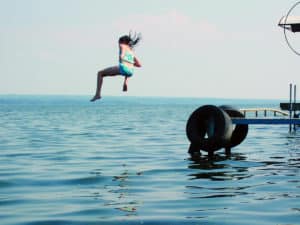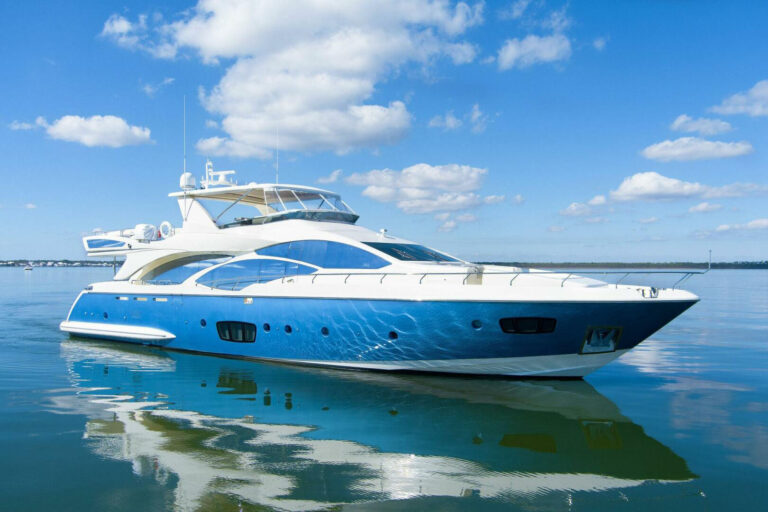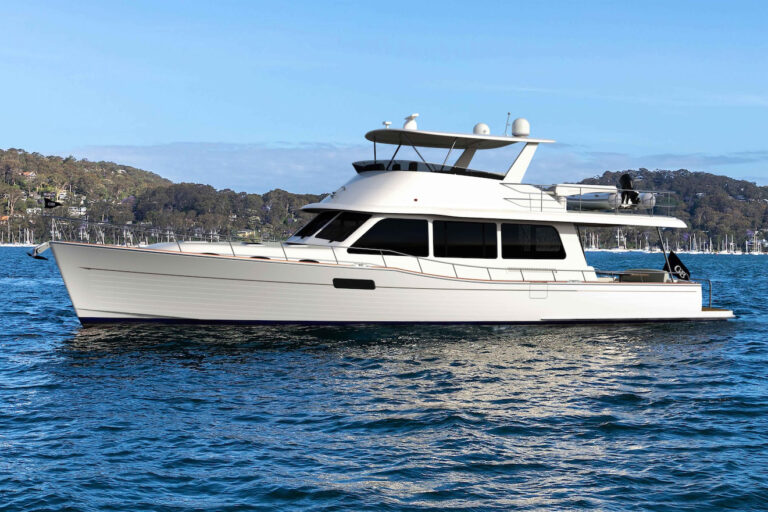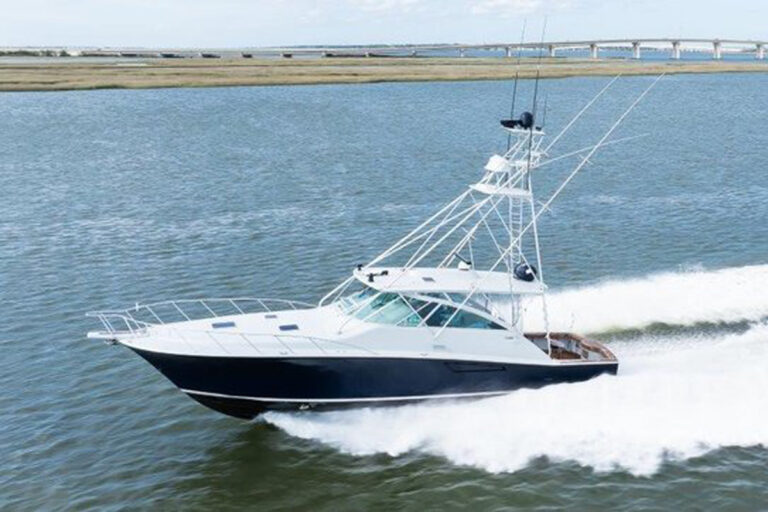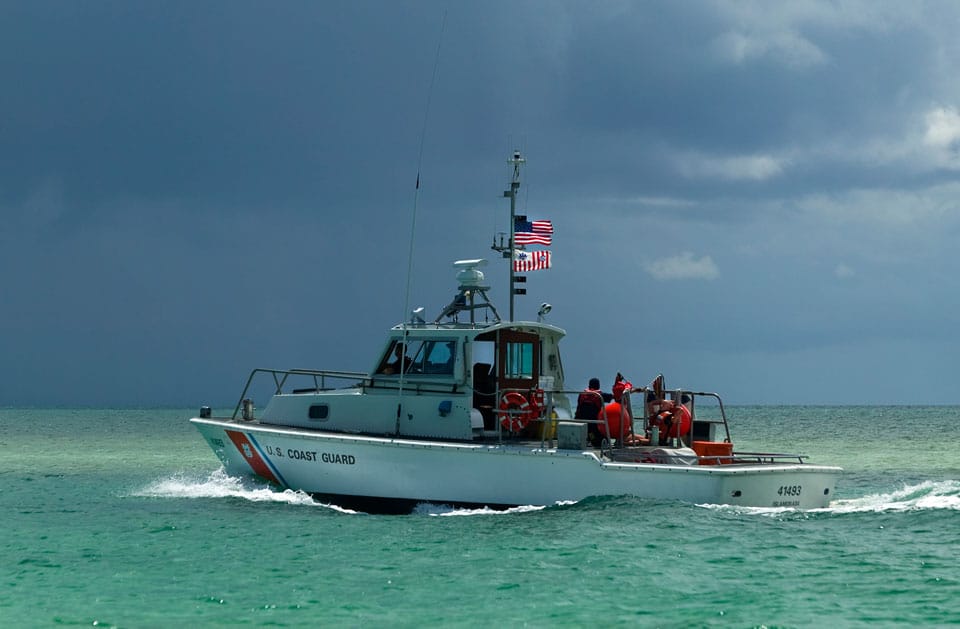
Rescue Me
The nightmare of every passenger aboard a light aircraft is that the pilot will somehow be put out of action. It has happened before in chilling fashion when a small private plane lost pressurization. Incapacitated from hypoxia, the main man slumped over his controls. The passenger desperately pleaded for assistance over the radio. Despite help from other pilots and air traffic controllers, they could not turn off the autopilot to get the airplane to descend and they could not find an oxygen mask to buy extra time to figure it out.
Readers will argue, “That was an airplane and it could not happen on a yacht,” but I have to disagree. I first went to sea back when we used sextants and have been around yachting ever since. Recently I went boating on a younger friend’s yacht.
He happened to be a diabetic. The first clue I got that he had messed up his medication was when he did not reappear from resetting the electronics circuit board in the engine room. I found him slumped on the floor plates, but the ship was still electrically dead. Being a security-conscious guy, this captain had set up his boat to require a four-digit PIN to reactivate the electronics box. Try as I might I could not get power to the VHF or any other electronic device. Nor could I get the electric starter motors to turn. I was fortunate to have still been within mobile phone range, and I was able to reach his secretary, who knew that he had the numbers (wait for it) written on the back of his desk diary! I got the boat started, called an ambulance and got it to meet me as I brought the boat alongside the dock. That incident ended well, but it could have been a lot different.
Generally, among those who go yachting, one person is the sailor and driving force behind the ownership of a craft. The other simply embraces boating with great enthusiasm and may become an expert. For others, boating remains a means of transport from A to B during the weekend or while on vacation. Some take great pride in knowing nothing about running the boat and love to relax and leave others to get on with it. Whatever the reason, there are many out there on yachts, especially couples on weekends, for whom one partner has not got a clue how to operate a boat.
If you are the captain of such a boat, could your novice crew cope in an emergency? Would they know how to call for help? Could they run the boat safely until help arrived or, at the worst, get the boat back into harbor? Some routines, like correct radio procedure, can be made simple by having an emergency list fixed on the bulkhead; other skills, such as steering the boat, must be practiced beforehand.
If the captain suddenly drops to the deck unconscious, it is important that the novice crew knows that in fairly short order it has to: stop the boat, deal with the injury, ascertain the boat’s position and summon help. Talking about such a possibility before you set off from the dock is a good idea. It is important to show your crew how to stop the yacht, how to read the GPS and how to use the radio.
Unless the yacht is close to the shore or in a channel, simply stopping and letting her drift should be safe, at least temporarily. This will give time to deal with the unconscious casualty. Most people have had some emergency first aid training, but as always, having a crib sheet on how to perform CPR (cardiopulmonary resuscitation) is valuable.
The immediate reaction in an emergency is to yell for help and then grab a mobile phone and call 911. The inexperienced would not know that the VHF is more likely to alert nearby boaters who could provide immediate assistance. Every yacht should have an emergency card permanently fixed beside the radio so anyone can follow the instructions and send a mayday message.
Make sure everyone who sails aboard your yacht, even for just an hour, understands the value of radio and knows how to follow the instructions. Then, with help on its way, the temporary captain can, while continuing to monitor the casualty, congratulate himself or herself on calmly handling the emergency.


